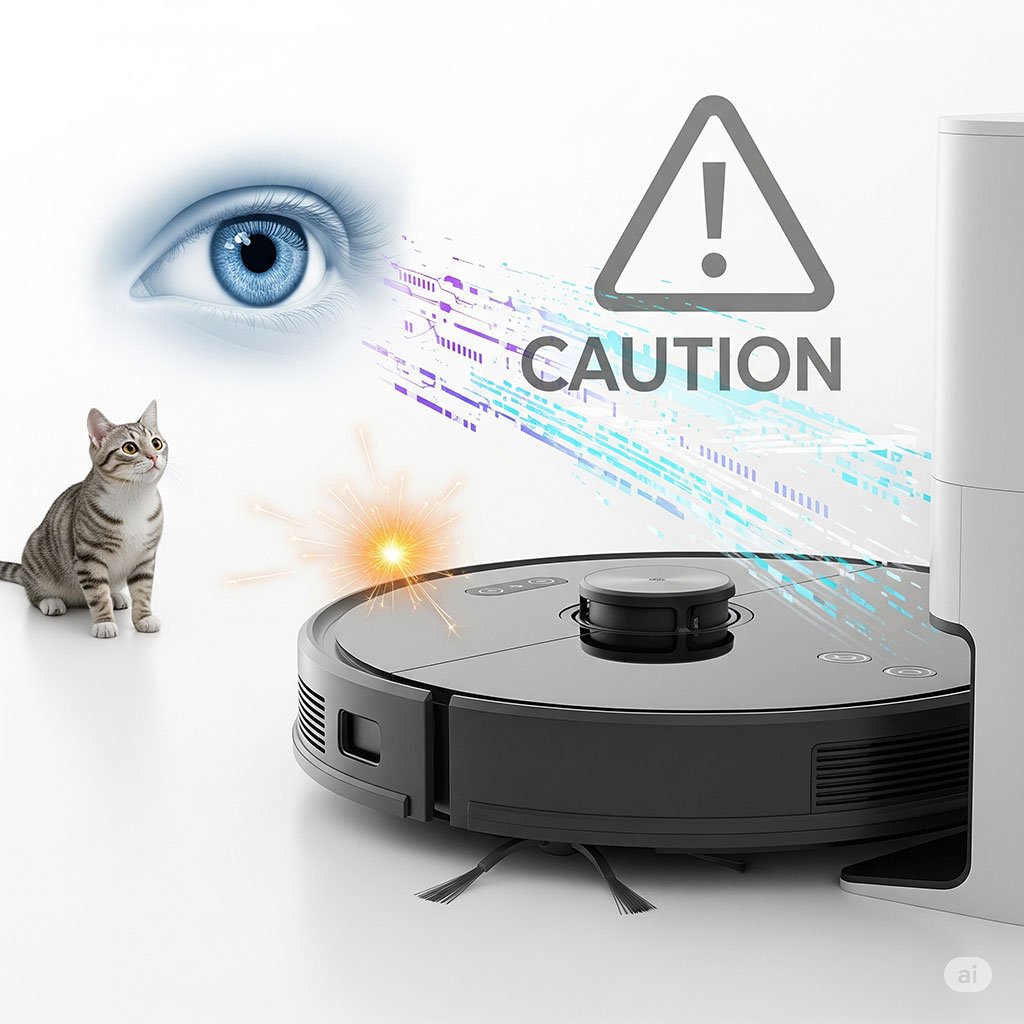To eliminate foul smells in a dishwasher, run a cleaning cycle with white vinegar or baking soda. Regular maintenance and cleaning of filters also prevent odors.
Dishwashers are the unsung heroes of the kitchen, tirelessly cleaning our plates, cutlery, and glasses. Yet, sometimes they develop unpleasant odors that can transfer to dishes or make the kitchen smell bad. These odors are typically due to trapped food particles, mold, or mild buildup within the machine.
By addressing the root cause of these odors, you can ensure that your dishwasher not only looks clean but also smells fresh. Simple household items such as white vinegar and baking soda can work miracles in deodorizing your dishwasher, making it ready for your next load of dirty dishes.
Regular upkeep, like cleaning the filters and ensuring the machine runs empty cycles with cleaning agents, helps to maintain a hygienic and odor-free environment.

Credit: www.earthbreeze.com
Table of Contents
The Hidden Culprits Behind Dishwasher Odors
Stinky dishwasher? It can turn a clean kitchen into a place you want to escape! Foul odors lurking in your dishwasher can ruin the experience of unloading sparkling dishes. But what’s causing that nasty smell? Let’s sniff out the hidden culprits that give your dishwasher a bad reputation.
Food Particles And Grease Buildup
One of the main bad smell makers? Food remnants and grease. Small pieces often hide in the dishwasher. Over time, they build up and create a stinky situation. Here’s a quick way to tackle them:
- Empty the dishwasher and remove any visible food particles.
- Check the filter. This spot can trap a lot of gunk.
- Clean it thoroughly. Use soap and warm water to wash it off.
Mold, Mildew, And Bacteria Growth
Next up: Mold, mildew, and bacteria. These love dampness and can make a home in your dishwasher. Fight back with these steps:
- Run a hot wash without dishes. This helps kill off growths.
- Use vinegar or baking soda in the cycle for a natural clean.
- Leave the door open after cycles. Air it out!
Regular cleaning keeps these culprits in check. Your nose will thank you!
Regular Maintenance Is Key
Regular maintenance is the secret to keeping your dishwasher fresh and functional. Just like any other appliance, dishwashers require care and attention. Without proper upkeep, foul smells can take over and affect the appliance’s performance. Let’s dive into the details of how simple cleaning routines can make a world of difference.
Schedule For Cleaning Cycles
Consistency is vital for a smell-free dishwasher. Setting a cleaning schedule ensures that regular checks are in place. It’s wise to run a cleaning cycle at least once a month. Use a dishwasher-friendly cleaner for the best results.
- Monthly Cleaning: Use a specialized cleaner.
- Weekly Rinse: Run a hot rinse cycle with vinegar.
Filter Inspection And Cleaning
The filter is a common culprit for unpleasant odors. It traps food particles and grease, leading to a build-up of residue. A dirty filter needs immediate action to prevent smells and maintain dishwasher efficiency.
- Locate the filter: Find it at the base of the dishwasher.
- Inspect: Check for debris and buildup every two weeks.
- Clean: Rinse under hot water and scrub gently with a soft brush.
Deep Cleaning Strategies
Dishwashers do an excellent job cleaning dishes. Sometimes, they start to smell bad. Regular use can cause a buildup of food particles and grease, leading to unpleasant odors. Deep Cleaning Strategies help eliminate these foul smells for good. With a few simple steps, you can freshen up your dishwasher and ensure it smells clean.
Vinegar And Baking Soda Techniques
To remove odors, vinegar and baking soda are powerful. They are natural, safe, and effective. Create a fresh-smelling dishwasher with these steps:
- Start with an empty dishwasher.
- Place a cup of white vinegar on the top rack.
- Run a hot water cycle.
- After the cycle, sprinkle one cup of baking soda on the bottom.
- Run a short, hot water cycle again.
The vinegar helps to break down food remnants and grease. Baking soda absorbs and neutralizes odors, leaving your dishwasher smelling fresh.
Commercial Cleaning Solutions
For persistent smells, commercial cleaners are available. These specialized solutions target dishwasher odors. They clean hard-to-reach places effectively. Follow these suggestions:
- Choose a dishwasher cleaner that suits your needs.
- Read the instructions carefully.
- Remove all dishes and residue from the dishwasher.
- Add the cleaner to the designated area.
- Run a complete cleaning cycle as per the cleaner’s directions.
Commercial cleaners contain ingredients specifically designed to cut through the grime. They can prevent odors from returning, ensuring your machine stays cleaner longer.

Credit: theappliancecarecompany.com
Focus On The Seals And Door Edges
Over time, the seals and door edges of your dishwasher can trap food particles, leading to foul smells. Ensuring these nooks and crannies are clean is crucial for a fresh-smelling dishwasher. Regular maintenance will not only help eliminate unpleasant odors but also extend the lifespan of your appliance. Tackling these areas is simple and effective.
Wiping Techniques For Rubber Seals
- Begin with a dry cloth: Gently wipe around the entire rubber seal to remove loose debris.
- Dampen with vinegar: Soak a cloth in white vinegar, then run it along the seals to disinfect and deodorize.
- Use a toothbrush: For stubborn areas, lightly scrub with a soft-bristled toothbrush dipped in soapy water.
- Rinse thoroughly: After scrubbing, use a clean, damp cloth to remove any leftover cleaning solution.
- Dry off: Finish by drying the seals with a soft, dry cloth to prevent mold growth.
Dealing With Persistent Grime
- Detect grime: Inspect the dishwasher’s door edges and rubber seals for visible grime build-up.
- Apply baking soda paste: Mix baking soda with water to create a paste and apply to tough spots.
- Let it sit: Allow the paste to penetrate the grime for 10-15 minutes.
- Scrub gently: Use a toothbrush to gently scrub the grime.
- Rinse off: Wipe away the paste with a damp cloth, ensuring all residue is gone.
- Dry the area: Pat dry with a clean towel to remove moisture.
These simple steps will help keep your dishwasher seals and door edges free from foul smells. Regular cleaning is key to a fresh and hygienic dishwasher.
The Importance Of Air Circulation
The Importance of Air Circulation is pivotal when discussing dishwasher maintenance. Proper air circulation ensures that excess moisture escapes, preventing the conducive environment where foul odors breed. Keeping air flowing through the dishwasher stops smells before they start.
Preventing Moisture Buildup
Preventing moisture is key in fighting bad odors. Below, find expert tips to keep your dishwasher fresh:
- Leave the door ajar post-cycle to let steam out.
- Wipe excess water manually from the interior.
- Regular cleaning cycles with dishwasher-safe cleaning agents.
Proper Loading To Encourage Airflow
Load your dishwasher right and encourage airflow:
- Stack dishes properly, ensuring space between items.
- Avoid overlapping which traps moisture and food particles.
- Position utensils with handles down for better circulation.
Remember: A good load equals proper cleaning and drying!
Natural Remedies For Freshening
Dishwashers work hard to clean dishes. Sometimes, they get bad smells. Natural remedies can freshen your dishwasher without harsh chemicals. Let’s explore some easy, earth-friendly ways to make your dishwasher smell great.
Lemon Rinse For A Fresh Scent
Lemons have a strong, clean scent. They contain acid that can break down leftover food particles and grease. Here’s a simple method:
- Place a bowl of 1 cup water and 3 tablespoons of lemon juice on the top rack.
- Run a hot water cycle.
This lemon rinse leaves your dishwasher smelling like fresh lemons.
Essential Oils For A Sweet Smell
Essential oils are powerful scents. They can make your dishwasher smell sweet and fresh. Use them this way:
- Add a few drops of your favorite essential oil to a dishwasher-safe bowl filled with baking soda.
- Place the bowl on the top rack of the dishwasher.
- Run a normal cycle.
Your dishwasher will have a pleasant, natural aroma.
Troubleshooting Common Issues
No one likes a smelly dishwasher. It’s where we clean our dishes after all! Yet, sometimes this appliance can develop foul smells. Fear not, troublesome odors can be banished with some troubleshooting. Let’s dive into common issues and tackle them head-on.
Addressing Drainage Problems
A prime suspect when your dishwasher starts to stink? Drainage issues. Leftover water can cause mold and bad smells. To fix this:
- Check for food debris blocking the drain.
- Ensure the filter isn’t clogged.
- Run the dishwasher on an empty cycle with vinegar to clear out any residue.
Regular maintenance keeps the drain clear and smell at bay. Clean the filter monthly.
Detecting And Fixing Leaks
Leaks can also lead to unpleasant odors. Moisture outside the appliance creates the perfect home for mold and mildew. Follow these steps:
- Inspect for water pools under the dishwasher.
- Look for dampness or signs of leaks around the seals.
- Replace worn-out seals to prevent further leakage.
If leaks are beyond a simple seal replacement, contact a professional. They will fix it and eliminate the unwanted smells for good.
When To Call The Professionals
There comes a time in every dishwasher’s life when a thorough scrub might not cut it. You’ve tried all the DIY cleaning tricks, but the stench lingers. That’s when it’s time to call in the professionals.
Signs You Need Expert Help
- Persistent Odor: The smell remains even after cleaning.
- Drainage Issues: Water isn’t draining properly.
- Unusual Noises: You hear strange sounds during cycles.
- Error Codes: Your machine displays recurring error messages.
If you notice these signs, it’s time to get help. An expert can identify and fix the problem.
Maintaining Your Dishwasher’s Longevity
Routine Task | Frequency |
|---|---|
Clean the Filter | Once a month |
Inspect and Clean Spray Arms | Every six months |
Check and Clean the Seal | Every six months |
Deep Clean | Once a year |
A proactive approach keeps your dishwasher healthy. Stick to a regular maintenance schedule. You will prevent nasty smells. Your dishwasher will thank you with years of service.

Credit: www.sloanappliance.com
Frequently Asked Questions
How To Get Bad Smell Out Of Dishwasher?
Empty the dishwasher and remove debris from the filter. Run a hot-water cycle with two cups of white vinegar placed upright in a dishwasher-safe container on the top rack. Follow by sprinkling a cup of baking soda across the bottom and running a short cycle.
Why Does My Dishwasher Smell Horribly?
Your dishwasher may smell due to trapped food particles, mold, or a clogged filter. Regular cleaning and maintenance can prevent bad odors.
Can You Put Vinegar And Baking Soda In The Dishwasher At The Same Time?
Yes, you can put vinegar and baking soda in the dishwasher. Use vinegar as a rinse aid and baking soda for cleaning.
How To Use A Finish Stinky Dishwasher?
For a fresh dishwasher, remove debris from the filter, add Finish dishwasher cleaner to the base, run a hot wash cycle, open the door post-cycle, and let it air out.
Bottom Line
Eliminating unpleasant odors in your dishwasher is straightforward with these effective tips. Regular maintenance and natural cleansers enhance freshness. Prioritize a clean machine for an odor-free kitchen. For sparkling dishes and a scent-free space, embrace these simple steps today. Say goodbye to dishwasher stench for good!



![Do Robot Vacuums Spy on You? [Real Privacy Concerns!]](https://shavyclean.com/wp-content/uploads/2025/07/do-robot-vacuums-spy-on-you.jpg)